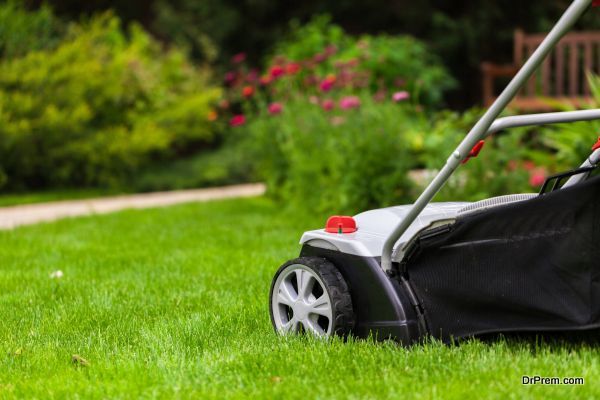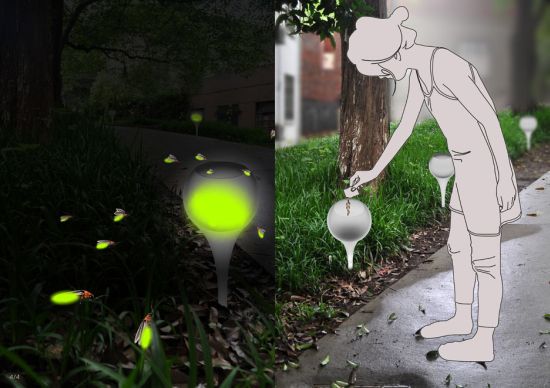Large scale landscaping projects can be tough not just on the wallet but on commitment and confidence too. Even the most enthusiastic gardeners can struggle to stay passionate about a landscaping design if it’s taking a long time to come to fruition. This is why a clear and comprehensive plan is essential for ambitious outdoor projects.
Before any work is started, you need to know what your goals are and how you intend to achieve them. It is okay to make changes, during the design process (if they become necessary), but you should be working towards clear objectives. Decide on a budget and stick to it; flip flopping on these decisions will cause confusion and make it hard to finish the project.
This guide to successful landscape design will help you get to grips with the most important things to work about before work starts.
- Use and Purpose
Whether you’re working independently or with reliable landscape design experts, you need to decide how your garden will be used. The decision will shape every other choice that comes after, so it is an important one. Gardens primarily designed for aesthetic beauty will be different from gardens intended for practical uses like entertaining and relaxing.
- The Main Users
Similarly, a garden created for children won’t look the same as a semi-wild space, designed to appeal to birds and insects. So, thinking about the primary users is another important step. For instance, gardens used by young children should be very even, with minimal steps and lots of soft grass and non-thorny flowerbeds.
- Existing Environment
Before you start making changes, take a notepad and jot down some descriptions about the existing space. Pay attention to things like wind direction, water flow and drainage, the ratio of light to shade, and the position of any views that you want to retain. You can then pass these notes on to your landscaping team, so that they know which areas need work and which ones should remain relatively untouched.
- Nutrients and Soil Type
If you can also make notes about the soil type, your landscape designer will be very happy indeed. However, this is something that most professional companies can handle on your behalf. Knowing which is the predominant soil type in your garden is the only sure fire way to determine which plant varieties will flourish there.
- Planting and Water Zones
One of the most common reasons for failed landscaping is a disregard for planting and water zones. In other words, homeowners simply stick flowers and plants anywhere that they please, without first checking whether the variety is suitable for the area. Most gardens contain an assortment of ‘zones,’ so take care to match them with complementary plants. For instance, don’t place flowers that need a lot of water in spots where rain travels the slowest. If you do place plants in these areas, be sure to invest in a good quality watering nozzle so you can ensure all plants receive adequate watering.
- Personal Style
In all of this talk about zones and planting rules, it is easy to forget that a great garden also has another purpose; it represents the personality of its owner. Don’t be afraid to get a little quirky with your designs, if you want to create something special. There are all kinds of garden design to choose from – you could even opt for a Japanese style space if it makes you smile.
- Asking for Help
The final step, before you start work on the project, is to make sure that you’re moving ahead in the right way. If you’re landscaping independently, are you sure that you’ll be able to complete the work to a huge standard? If you’re hiring a professional team, are you confident that you’ve picked a company that understands your needs?
How to Pick the Right Landscaping Company
The best way to choose your landscaping company is to find out which businesses are respected and highly regarded within the local area. These are the companies that you should be considering. Collect a number of quotes, if necessary, and then pick the one which feels right for you. Do remember that the cheapest service doesn’t always equal the highest quality.
Article Submitted By Community Writer






